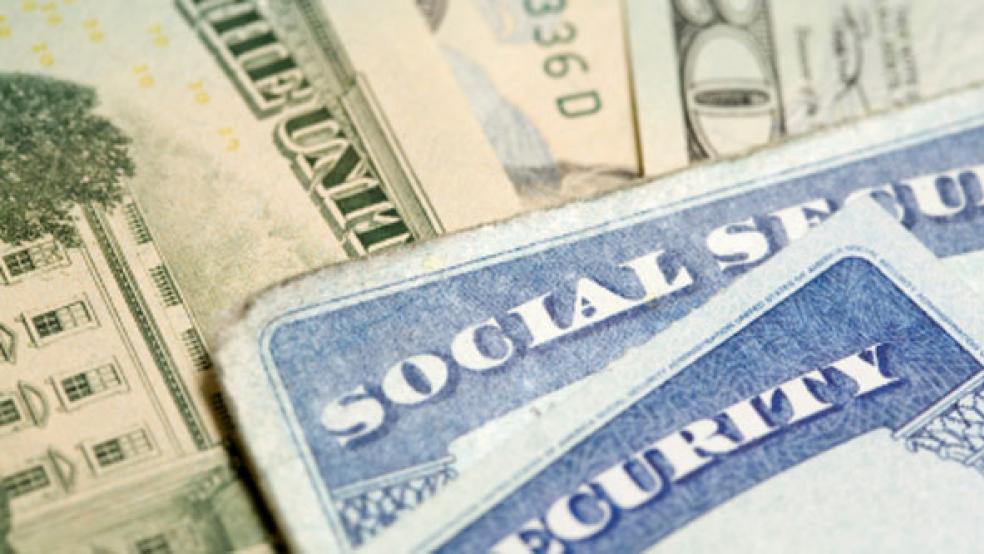Just when it looked as if the Internal Revenue Service was turning the corner on one controversy, it is inviting another.
The IRS was emerging from the worst of the crisis following federal and congressional investigations into the IRS targeting of Tea Party groups seeking tax-exempt status before the 2012 election. That was followed by the mysterious disappearance of thousands of emails that might have shed light on who was behind the targeting.
The controversy prompted congressional Republicans to repeatedly slash the agency’s operating budget and subpoena senior IRS officials involved in the improper conduct. It also spawned a number of proposals by Sen. Ted Cruz (R-TX) and others to abolish the agency.
Related: Lois Lerner Is Cleared, Sparking Conservative Fury
In October, the Justice Department announced it would not be filing criminal charges against former senior IRS official Lois Lerner or anyone else in the case, noting, “Poor management is not a crime.” In a sign that the controversy was abating, the GOP controlled Congress approved a $290 million increase in IRS funding as part of the $1.1 trillion fiscal 2016 spending package recently enacted.
But there are new political storm clouds gathering on the horizon.
Many of the nation’s charitable and non-profit organizations are alarmed that the IRS has proposed a new rule to encourage them to begin requiring donors to provide their Social Security numbers to better track their tax returns.
Related: Found! 6,400 New Lois Lerner Emails on the IRS Targeting Scandal
Under existing practices, non-profit groups provide donors with written acknowledgement to verify contributions of $250 or more, which they can use as proof when filing their income tax returns.
However, the IRS floated a proposed rule change in September calling for non-profits to begin collecting their donors Social Security numbers in order to provide that information directly to the federal tax agency.
Some wealthy philanthropists reportedly sought the change to provide them with an additional way of verifying their sizable contributions. And the IRS stressed in a statement that the new procedure would be strictly voluntary on the part of the non-profits.
But as The Hill reported on Monday, alarm bells are going off,
Related: U.S. Urged to Tighten Cyber Security to Counter Chinese Hacking
Officials of non-profits warn that the new rule would have a “chilling effect” on donations and would depress funding for programs that assist the nation’s most vulnerable people, at a time when the economic recovery remains uneven.
“That means a child will go without a meal or a family will go without shelter, or a senior citizen will go without life-saving medical care,” said Tim Delaney, president and CEO of the National Council of Nonprofits.
Of equal concern to many of the charitable and non-profit groups is the threat of hacking if they begin building databases containing the Social Security numbers of all of their donors. In the wake of recent massive hacking into federal government personnel records and giant health insurance companies, this is no small concern,
The Hill reported the IRS received nearly 38,000 comments on the rule, including a letter signed by 215 charitable organizations warning they would be incapable of safeguarding the Social Security numbers of their donors. Many of these organizations say they would have to invest heavily in costly cyber security systems to guard against hackers. And they fear that any breach of their systems would expose them to costly lawsuits.
“As we’ve seen, the White House and the CIA have been hacked, and they have the best cyber security in the world,” Delaney told The Hill. “If they can get hacked, so can we.”





